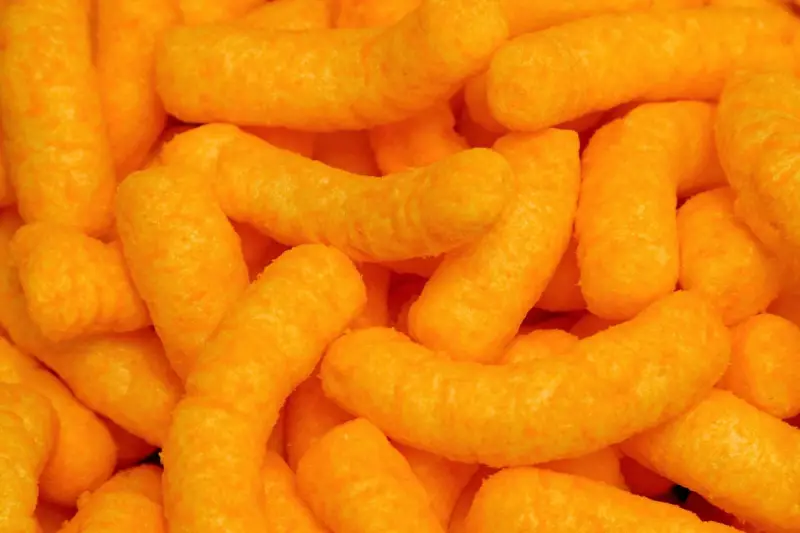
Walk down any British supermarket aisle and you'll be greeted by a rainbow of vibrantly coloured snacks and beverages. But behind those eye-catching hues lies a controversial truth about synthetic food dyes that many consumers remain unaware of.
The Science Behind the Shine
Many of Britain's most popular snacks, including Cheetos' signature orange glow and Mountain Dew's neon green appearance, rely on synthetic colourants derived from petroleum. These laboratory-created dyes are engineered to maintain perfect consistency and brightness, unaffected by shelf life, temperature changes, or light exposure.
Unlike natural colouring agents that might fade or change over time, synthetic dyes provide manufacturers with unprecedented control over their products' visual appeal. This consistency has made them the go-to choice for mass-produced foods and drinks targeting younger consumers.
The Regulatory Divide
While these artificial colourings remain legal in the UK, several have been restricted or banned in other countries. The European Food Safety Authority has implemented stricter regulations on certain synthetic dyes, requiring warning labels on products containing them.
This regulatory disparity has created a situation where identical products might be formulated differently for various markets, with some manufacturers opting for natural alternatives in regions with tighter restrictions.
Health Concerns and Consumer Awareness
Medical researchers and nutrition experts have raised concerns about potential links between synthetic food dyes and health issues, particularly in children. Some studies suggest possible connections to hyperactivity and attention difficulties, though the food industry maintains that these colourants are safe when consumed in regulated amounts.
Despite these concerns, many British consumers remain largely unaware of the synthetic nature of their food's coloration. The bright, appealing colours are often perceived as simply part of the product's character rather than artificial additions.
The Industry Response
Food manufacturers defend their use of synthetic dyes, citing their safety approval by regulatory bodies and their importance in maintaining product consistency. They argue that natural alternatives often fail to provide the same visual impact and stability, potentially leading to consumer disappointment.
However, growing consumer awareness and demand for cleaner labels has prompted some companies to begin exploring natural colouring options, even as the majority of brightly coloured snacks continue to rely on their synthetic counterparts.
As the debate continues, British shoppers are increasingly faced with choices about whether vibrant appearance outweighs potential health considerations in their favourite treats.





